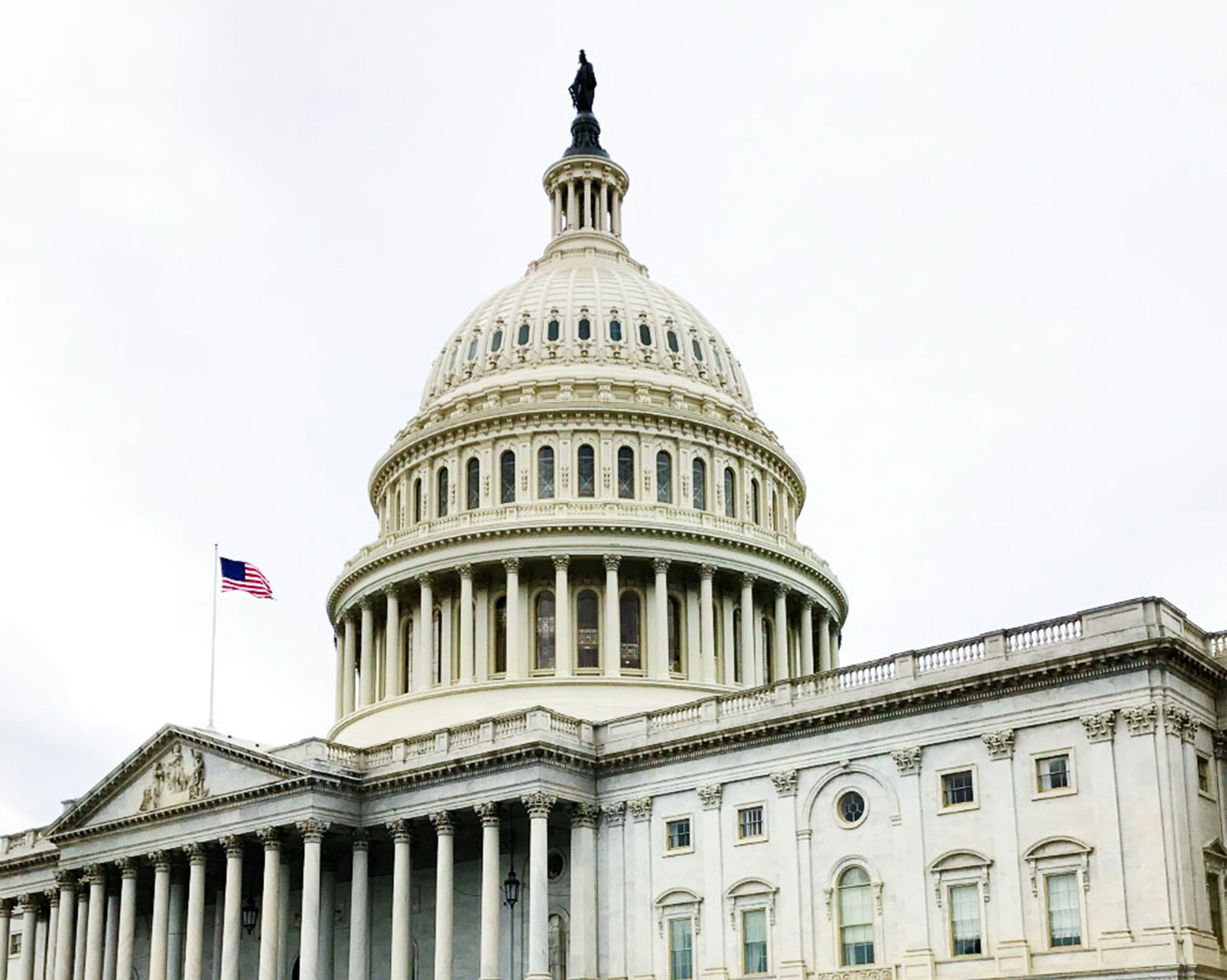
SCOTUS Leaves In Place Denial Of Telework Accommodation In Response To New Mom’s Medically-Unjustified Request
- Breaking News
On Monday, May 15th, the U.S. Supreme Court declined to hear an appeal from a former Georgia state worker, Nicole Owens, who challenged her employer’s decision not to grant her extended post-maternity leave telework.
Owens worked for the Georgia Governor’s Office of Student Achievement (“GOSA”) as a web content specialist. Employees in this role were generally permitted to telework one day per week. Owens took FMLA leave in 2018 because of a high-risk pregnancy. Because she took FMLA during the pregnancy, her twelve weeks of FMLA was exhausted a couple of weeks after she delivered her child. GOSA placed her on unpaid leave and Owens informed her supervisor that she could return to work in about a week but would need to work from home for several months. She supplied a doctor’s note that she was “doing well” and that she “may return to work via tele-work from her home.” Although she separately informed her supervisor that she was suffering from “complications” from the pregnancy, she did not provide any details. Owens was permitted to telework through September 12th, about six weeks after delivery, when GOSA requested additional information. Owens presented a second doctor’s note indicating that she “may return to work November 5, 2018” and “may continue telework at home until then.” The doctor’s note did not address the medical necessity of teleworking. Owens’ supervisors questioned her productivity while teleworking and focused on the permissive nature of “may” in the doctor’s note. Accordingly, GOSA requested additional, more detailed information supporting the necessity of the telework request. Although Owens attempted to obtain the more detailed information from her doctor, the documentation was not provided within a few weeks, and she was terminated. Notably, the delay was the doctor’s fault rather than Owens’ as she was diligent in following up to obtain the information.
Owens sued GOSA alleging discrimination under the Pregnancy Discrimination Act and failure to accommodate under the Rehabilitation Act (the government employer equivalent of the Americans with Disabilities Act). The trial court ruled in GOSA’s favor granting summary judgment finding that Owens’ doctor’s notes were not sufficient to trigger the employer’s duties under the Rehabilitation Act and that GOSA engaged in the requisite interactive process but that the process broke down because Owens failed to participate. Owens appealed to the Eleventh Circuit, the federal appeals court with jurisdiction over Alabama, Florida, and Georgia.
The issue on appeal was what information the allegedly disabled employee must provide to the employer to trigger the employer’s duty to accommodate. The Eleventh Circuit acknowledged that it had previously established a two-part test to trigger an employer’s duty to provide reasonable accommodation: “the employee must (1) make a specific demand for an accommodation and (2) demonstrate that such accommodation is reasonable.” Establishing the second part of the test requires “that an employee put her employer on notice of the disability for which she seeks an accommodation and provide enough information to allow an employer to understand how the accommodation would address the limitations her disability presents.” In November 2022, the Eleventh Circuit found in the employer’s favor “[b]ecause Owens did not identify any disability from which she suffered or give GOSA any information about how her requested accommodation—teleworking—would accommodate that disability. . .”
Although Owens argued that she triggered the employer’s accommodation duties when she informed GOSA that she was requesting a telework accommodation for childbirth-related complications, the court did not see it that way. Rather, the court acknowledged that “[c]ourts and regulators have recognized that neither childbirth nor pregnancy qualifies as a disability under the statute” [but, see below. . .], so she failed to meet the first step. Second, the court held that her claim was due to be dismissed because she failed to identify how telework would address the limitations imposed by her complicated pregnancy.
This was a significant win for the employer at the federal appeals level and affirmed by the U.S. Supreme Court. However, the win was predicated in large part on Owens not establishing that her “complicated” pregnancy was a disability. That assessment is likely incorrect once the Pregnancy Workers Fairness Act (PWFA) becomes effective on June 27, 2023, because employers must make reasonable accommodation for pregnancy-related conditions under the PWFA, i.e., “pregnancy” will substitute for “disability.” In this case, the employer likely still prevails because GOSA did engage in the interactive process to ascertain how the requested telework accommodation would address the limitations presented by the condition. That standard – the existing 2nd prong of the test – will likely remain under the PWFA.
Employers should err on the side of caution and work with their employees in the interactive process to identify ways to facilitate the employee’s performance of essential functions. However, this case clearly illustrates that the employer is permitted to obtain information from medical providers to substantiate the necessity of the requested accommodation. Finally, the unfortunate aspect of this case is that Owens was not at fault for the delay. The court, at least in this case, did not fault the employer for moving on after waiting a reasonable period of time for the information.
If you have any questions or would like to discuss this further, please contact Mike Thompson at 205-323-9278 or mthompson@lehrmiddlebrooks.com





